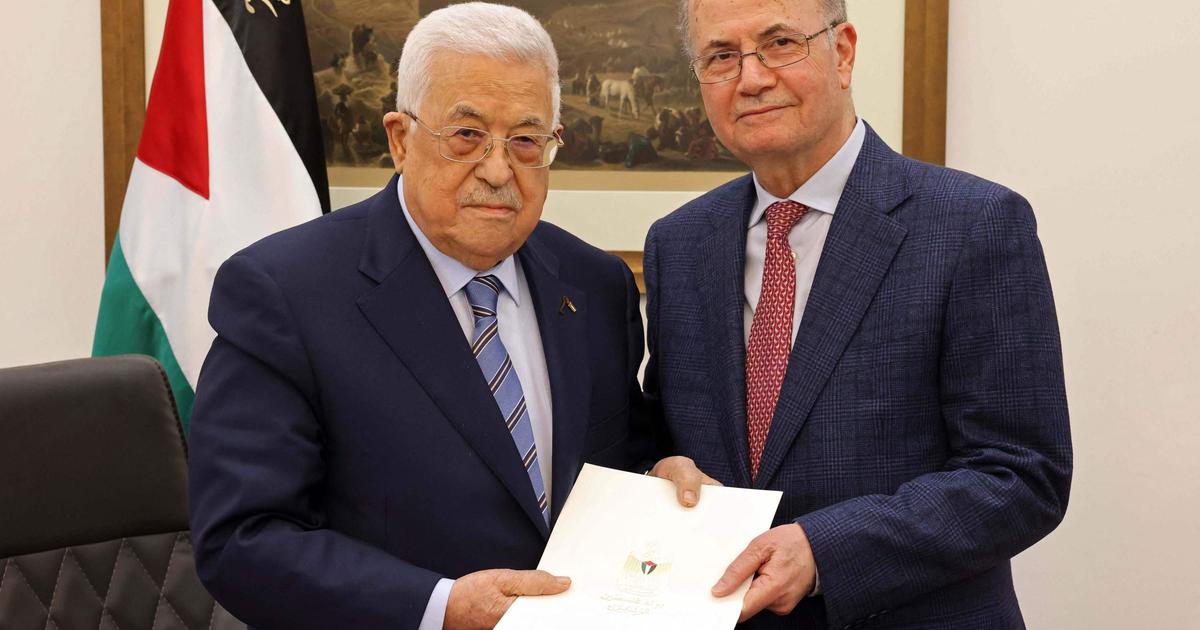The chairman of Ra'am, who has been marked as "the king of kings", wants to bring achievements to the sector, but he is also attentive to public opinion in the Arab public, which will have difficulty digesting support for the Netanyahu-Ben Gvir government • and: the pragmatism of the founder of the Islamic movement. • Interpretation
Anyone who follows the media in Israel will get the impression that the fate of the State of Israel, or rather the Israeli government, depends on this man, a Member of Knesset who has barely completed two years of parliamentary activity, and it is doubtful whether he succeeded in passing his private bill.
However, anyone who delves into the possibilities facing MK Knesset Speaker Mansour Abbas will soon realize that he is going nowhere.
Abbas responds after passing the blocking percentage // Photo: Gil Eliyahu / Ginny
First of all, it is important to distinguish between the political path it presents - that is, the desire of more than 70 percent of the Arab public in Israel who want to see its representatives integrate and influence every coalition and government - and the Abbas ideologue and member of the Southern Islamic movement. From a coalition led by Benjamin Netanyahu with the current partners.
After serving his sentence as a security prisoner in the early 1980s, the founder of the Islamic Movement, the late Sheikh Abdullah Nimer Darwish, became a pragmatic man, had contacts with many of the Jewish religious leadership, and even supported the Oslo Accords. .
This means full recognition of Israel's sovereignty and more acceptance of the Israeli democratic game, which led to a major split in the movement, which became a southern movement and a northern movement that was outlawed a few years ago.
But the rowing council of the Islamic Movement (equivalent to the Council of Sages) is the one that is supposed to make the decisions in the end, and Mansour Abbas is supposed to carry them out.
However, he has a considerable influence on what is going on in the council, and it can be said that the man sets the tone there.
However, it is already clear that it will have difficulty sending him to recommend Netanyahu to form the government, and if that happens, it can be said with certainty that the southern Islamic movement endangers its political existence and even its religious and other institutions in all Arab communities in Israel.
The reason is very simple - the vast majority of the Arab public opposes Netanyahu, and sees him as responsible for a series of decisions and laws, especially the Kaminitz Law (more than the Nationality Law) which harms them.
Regardless of the difficulty, and there are quite a few, sitting in a government that will include MK Bezalel Smutrich and his partner Itamar Ben Gvir, negotiating with Benjamin Netanyahu, in the eyes of the Arab public is a betrayal of values and ideology, especially after Netanyahu and many members of his government The Arab public as enemies of the state and as those who act as a fifth corps in order to "eliminate the Jewish state."
Even if the Nationality Law is very jarring to the Arab public in Israel, I think they could have skipped or lived with it, had the attitude of the government and especially its head over the years been inclusive out of a genuine desire to integrate the Arab public in the country, its institutions and leadership.
Despite the fact that Benjamin Netanyahu's government has invested the largest budgets to close the gaps between Arab and Jewish society, the Arab public expects a different treatment - first and foremost to address the issues of housing, employment and the expansion of jurisdiction of Arab localities.
Mansour Abbas' desire is derived from the desire of many in the Arab public to influence what is happening in Israeli politics, and yes, to be a part of it.
Not on condition and not from outside.
No wonder the Likud doubled its power in Arab society after the election campaign, even though it expected much more.









